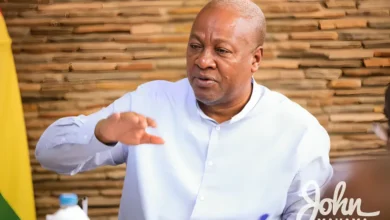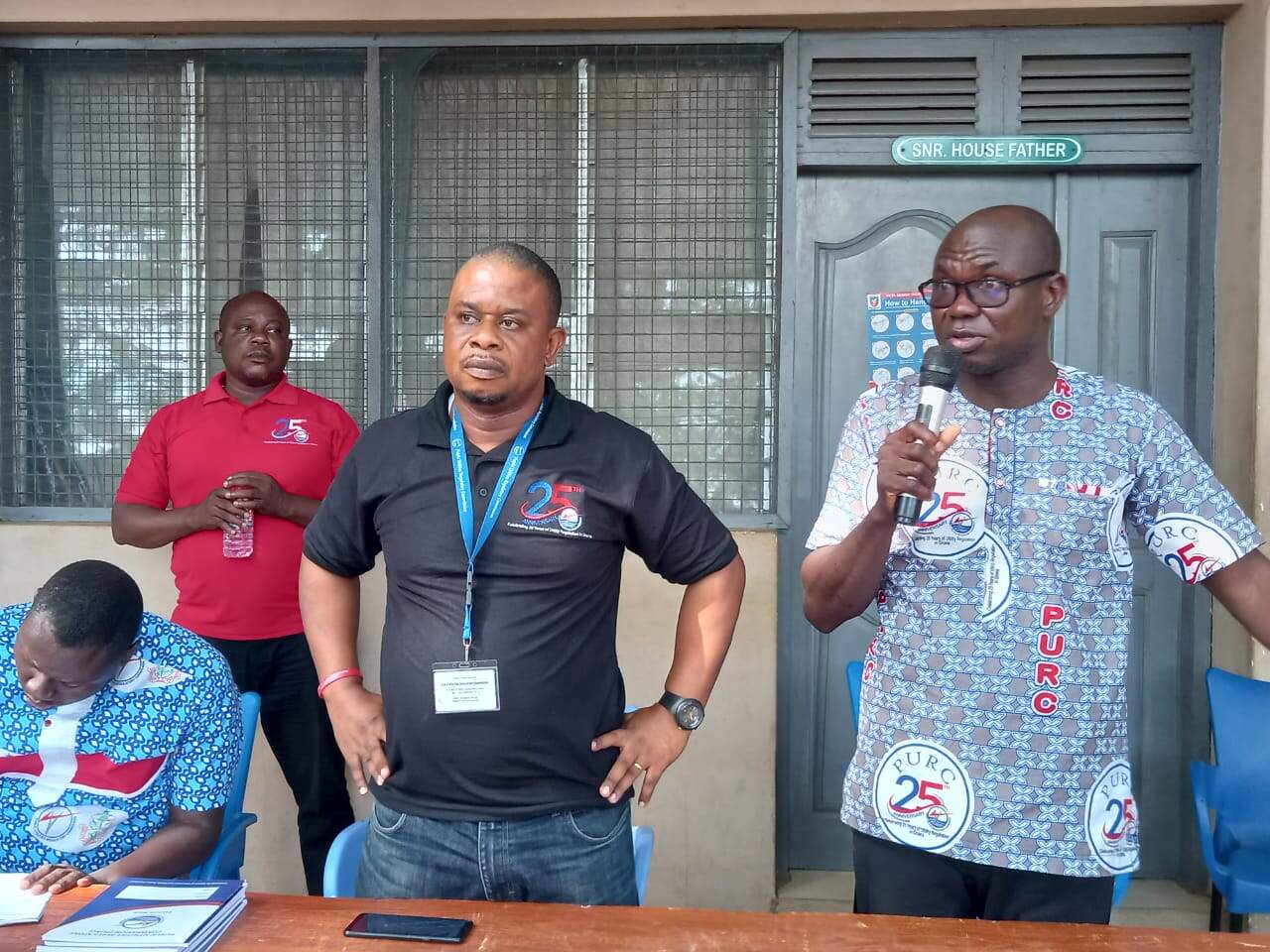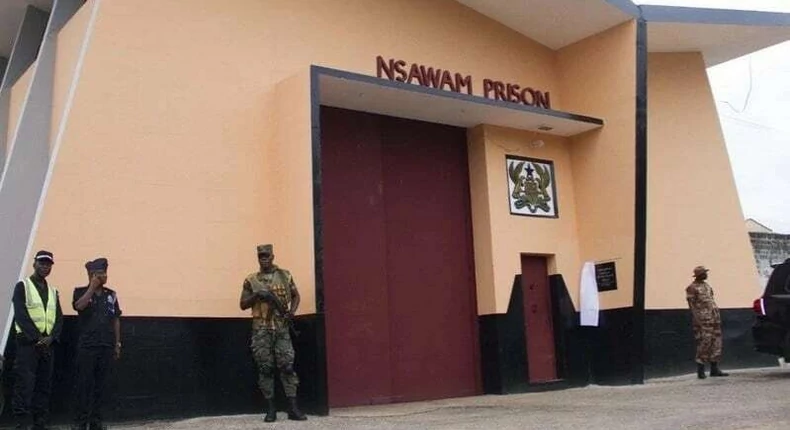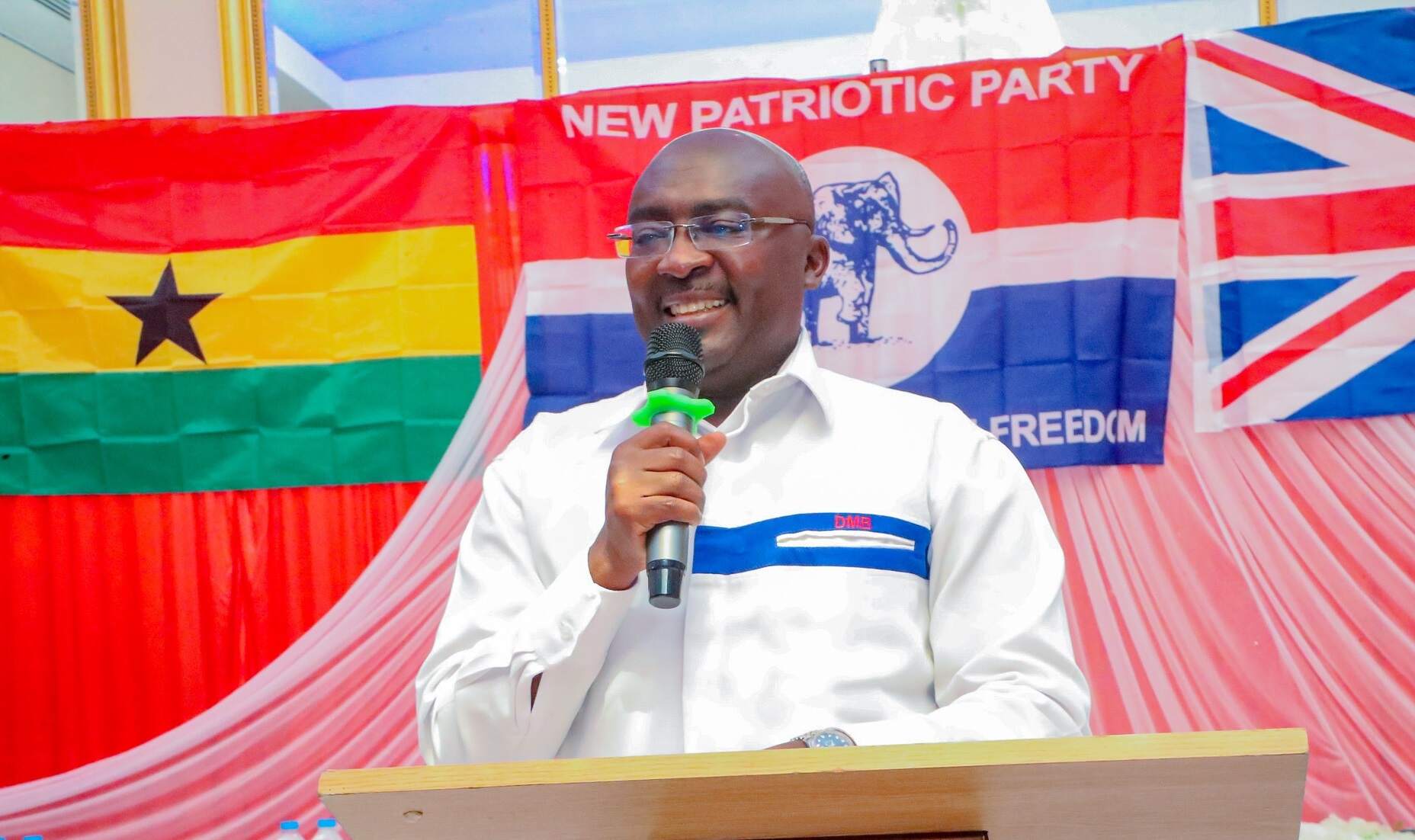ECG’s problems aren’t about privatization, it’s about leadership – Martin Kpebu
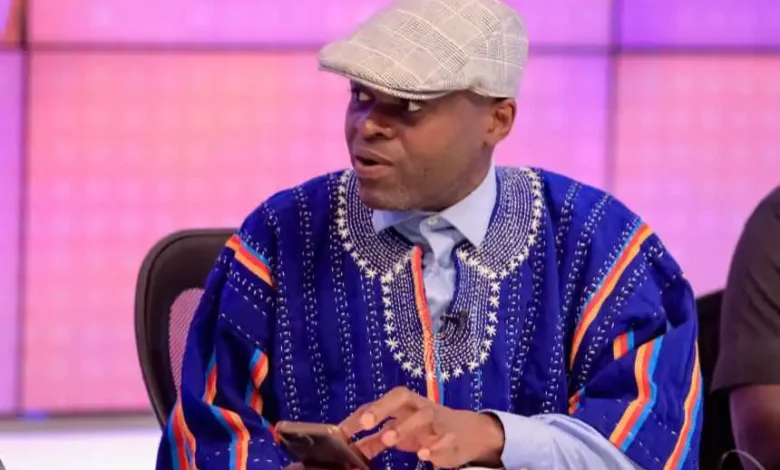
Ghanaian Legal Practitioner, Martin Kpebu has raised critical concerns about the management of the Electricity Company of Ghana (ECG).
The private legal practitioner delivered a passionate call for reforms, urging the government to ensure that the leadership of ECG is chosen based on competence, honesty, and a commitment to serving the public while speaking with Alfred Ocansey on TV3’s The Keypoints.
Kpebu’s remarks come in light of ongoing concerns surrounding the power distribution company and the inefficiencies attributed to past decisions, which he argues have failed to benefit the masses.
“We’ve had situations where decisions were made, not for the benefit of the people, but to enrich a few. These contracts have led to inefficiencies and left the industry worse off,” Kpebu pointed out.
The situation, he suggests, is a consequence of poor leadership choices influenced by personal or political interests, which have often compromised the company’s performance and growth.
Highlighting the need for change, Kpebu advocates for a more independent and transparent process in appointing ECG’s leadership. “We need an independent process for appointing the ECG’s leadership,” he said.
“Let’s select the most competent and honest Ghanaian, someone who can run it without favoring family, friends, or private interests. That’s the only way forward.”
This, he believes, is the only way to ensure that the company is managed with the public’s interest at heart, rather than being swayed by personal or political agendas.
Kpebu’s call also extends to the ongoing debate over privatization, a topic that has divided public opinion. While some argue that privatizing ECG could bring in the necessary capital and efficiency, Kpebu cautions that privatization should not be seen as a simple fix.
“The issue isn’t just about who manages ECG, but whether they are driven by selflessness and the public good,” he argued, emphasizing that the values guiding leadership are as important as the entity managing the service.
The legal practitioner also recognized that reforms wouldn’t happen overnight.
“Let’s keep talking. These conversations may not yield immediate results, but eight years down the line, we could achieve the changes we want if we persist,” he added, stressing the importance of ongoing dialogue and advocacy in bringing about long-lasting change.
Credit to Mynewsgh




